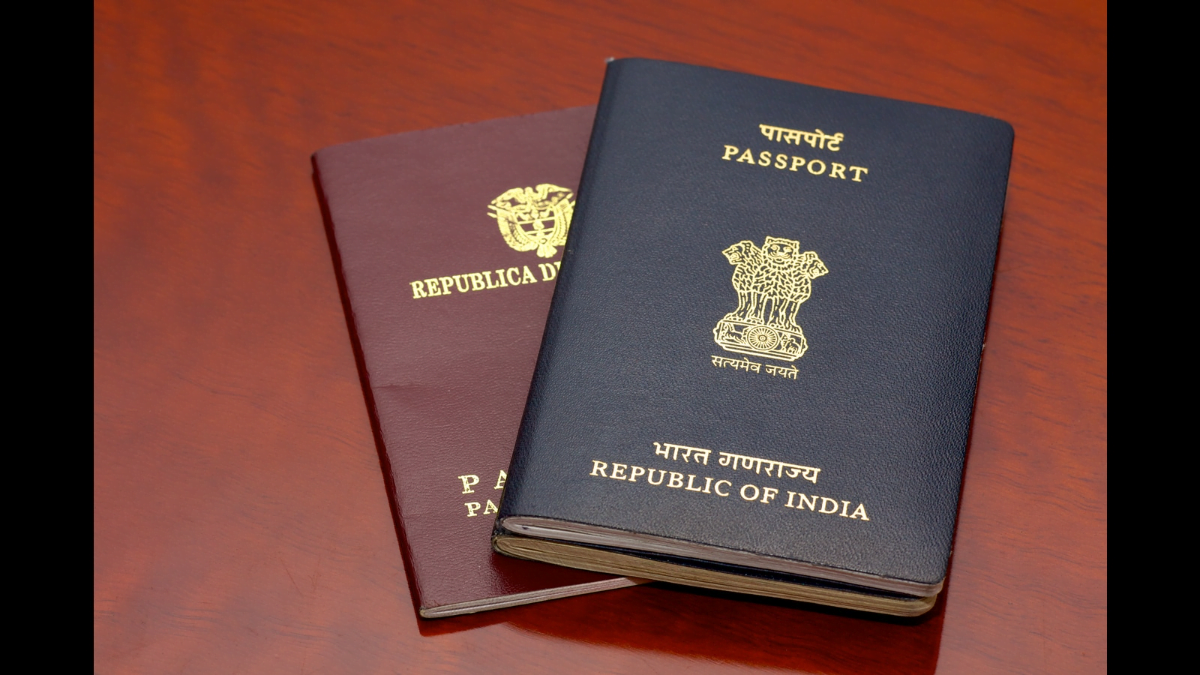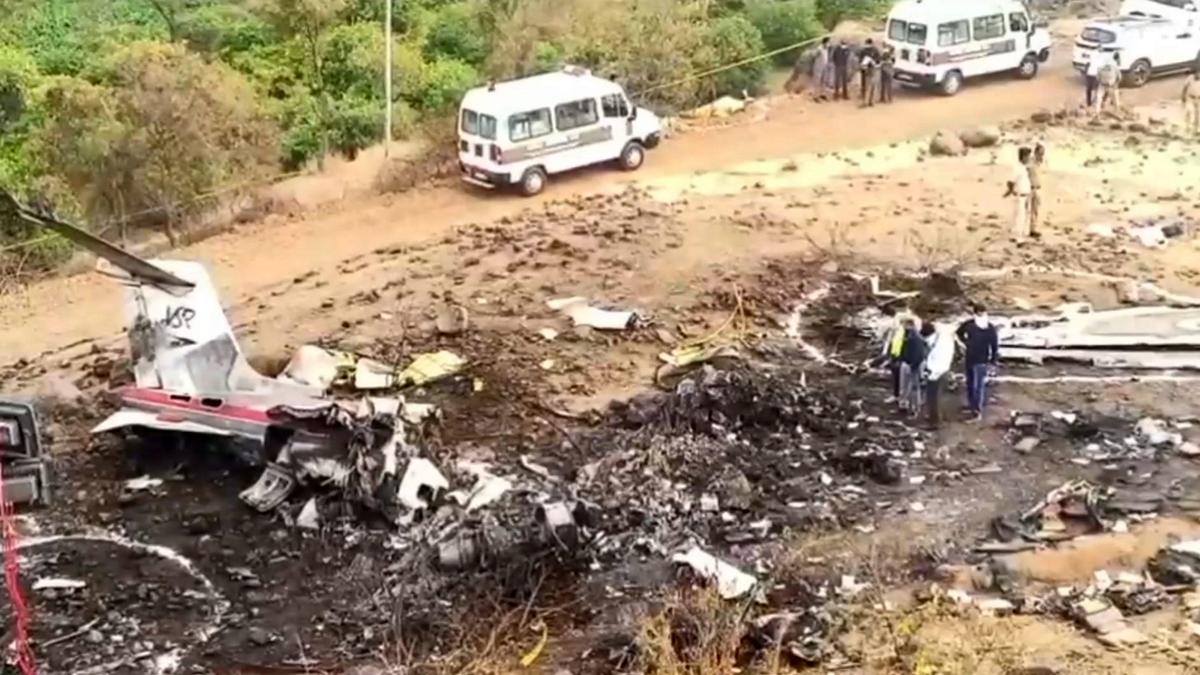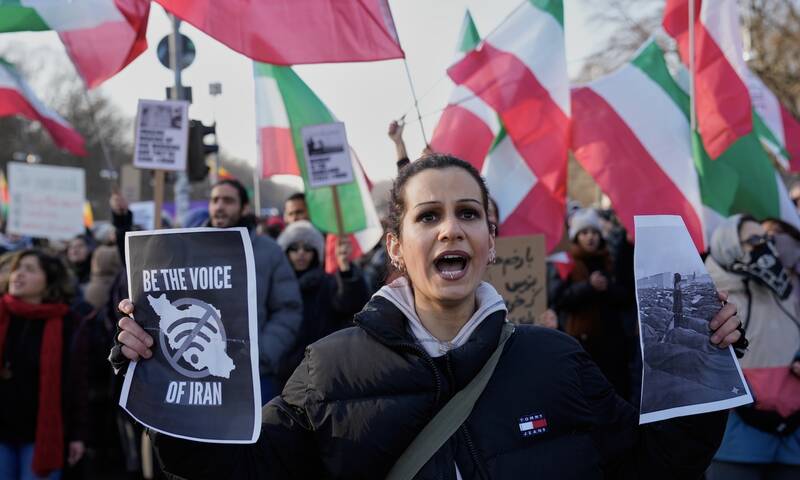After the center repealed Jammu and Kashmir’s special constitutional position back in 2019, there has been plenty of disquiet among the residents. Another inclusion to this is the suspension of the passports of two journalists and a political activist.
Sources observe that there could be 98 to 200 people whose passports have been revoked under the name of protecting national soverginity and integrity mentioning these people to be a threat to national security.
Sources observe that there could be 98 to 200 people whose passports have been revoked under the name of protecting national soverginity and integrity mentioning these people to be a threat to national security. In association to the G20 summit under the presidency of India this year, a side event on ‘Film Tourism for Economic Growth and Cultural Preservation’ was held in the valley recently. Earlier this year the lieutenant governor of the Union Territory said, ‘The media here is absolutely free‘, to which questions were raised both locally and internationally.
Impounding passports in Kashmir: a politically motivated act
The cloddish action came into being, after India experienced the largest global drop in its mobility score in March this year. According to the Passport Index India’s mobility score fell from 73 in 2022 post the Covid- 19 pandemic, to 70 as of March 2023. Individually the Indian passport is ranked 144 in 2023 compared to 138 in 2022.
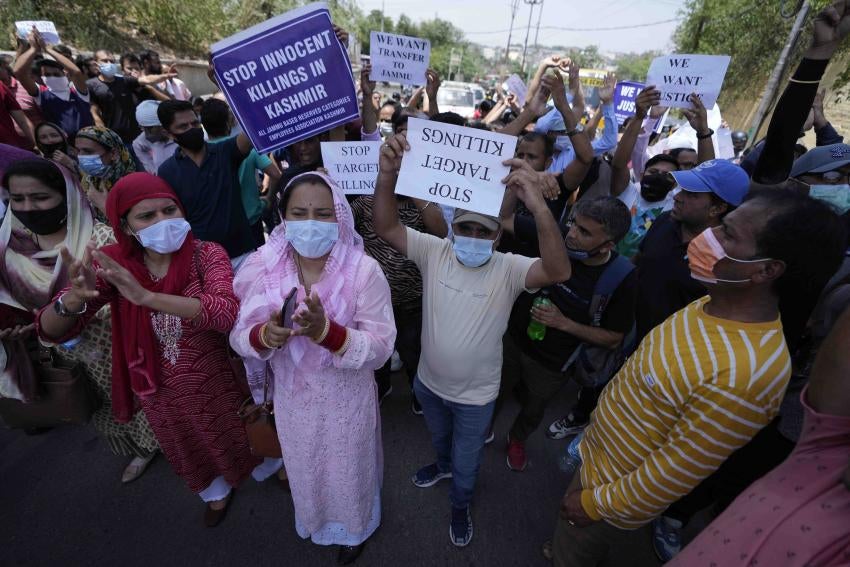
The justification came through in reference to the section 10(3) of The Indian Passport Act 1967. According to the act, the Passport Authority of India can impound an Indian passport ‘if the passport authority deems it necessary so to do in the interests of the sovereignty and integrity of India, the security of India, friendly relations of India with any foreign country, or in the interests of the general public‘. The subjects were informed through an email asking them to report at the Srinagar office within a given time period, failing to which they might face serious consequences.
Instances of revoking passports of Kashmiris to limit the freedom of speech
It is not the first instance that Jammu and Kashmir based journalist are grilled and probed in the name of national security. Last year, Sana Irshad Matto, part of the Reuters team that won the Pulitzer’s price for the coverage of Covid-19 pandemic in the country, was stopped from flying to the United States by the immigration officials at the Indira Gandhi International Airport (IGI), Delhi.
Further, she was again forbidden from flying to Paris for participating in a photography exhibition. Another, Srinagar based journalist Zahid Rafiq who earlier worked for The Hindu and Tehelka, was stopped from flying at the Cornell University in US for a teaching fellowship.

The political activist among the three is a leader of the People’s Democratic Party and is also a close cohort to PDP’s youth president Waheed Parra. Parra who was arrested sighting to protest against the abrogation of Article 370, was also restricted from leaving the valley to join the leadership program at the Yale University, earlier this year. The 34 year old won the District Development Council Elections 2020 defeating an opposition candidate of the Bharatiya Janta Party.
The violation of human rights and international law through the revocation of passports of Kashmiris
The senior officials at the PSK- Passport Sewa Kendra, Kashmir, said that the passport of some Kashmiri residents were impounded on instructions from intelligence agencies. As per the reports the list containing the names of the people who are restricted from flying and whose passports have been revoked, was prepared by the central and state’s intelligence agency. The list comprises the names of academicians, lawyers, political activists and others.
Amongst the people who were confronted the two journalists, whose passports were revoked have never been accused in any criminal charges. However they have been questioned previously by the security agencies on their reportage on Kashmir earlier. But no specifications have been provided to them in the provocation cause.
According to the Human Rights Watch Report, at least 35 Journalist from Jammu and Kashmir underwent raids, police interrogations, physical assault, threats or criminal cases since 2019 after the Article 370 was revoked from the Union Territory
According to the Human Rights Watch Report, at least 35 Journalist from Jammu and Kashmir underwent raids, police interrogations, physical assault, threats or criminal cases since 2019 after the Article 370 was revoked from the Union Territory. It is since then, that there has been delayed verification or adverse police reports for passport verifications in Jammu and Kashmir. Local residents feel this impede is to chasten out people who might have relations or relatives with separatist leanings.
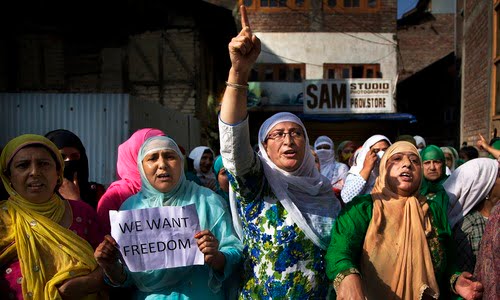
This new apprehension has left many without passports and jobs in the state of Jammu and Kashmir at a major opportunity cost with the figures touching the five digit mark alone in Kashmir. Pending police verification has led to denial of some professionals from joining their government jobs.
India affirms and abides by the 1966 International Covenant on Civil and Political Rights. According to Article 12 of the act, everyone has the right to leave any country, including their own. Accordingly, Article 21 of The Indian Constitution provides the fundamental right for freedom to travel abroad and return to India. But the situations of Kashmiri journalists is a rebuttal of the same. They are denied of their fundamental rights.
The state-orchestrated war on Kashmiri journalists
Currently four Kashmiri journalists are facing anti-terror investigations and are languishing in jail under the UAPA – Unlawful Activities Prevention Act, Irfan Mehraj, a senior editor at Twocircles.net is amongst them. Irfan was arrested by the NIA- National Intelligence Agency under the UAPA in Srinagar. After being accused of terror funding, the journalist was later shifted to Delhi.
Prior to this, another Kashmiri journalist Fahad Shah an editor at The Kashmir Walla was booked under the UAPA, for allegedly sharing posts with anti-India statement. He was granted bail by the local court shortly. However, since then, he has been arrested again, even after the bail was secured. After five arrests within four months, he continues to be imprisoned in Jammu’s Kot Bhalwal jail under the UAPA.

The Journalist Federation of Kashmir (JFK) condemned the arrest of Mehraj, who is also the founding editor of Wande Magzine, calling it ‘another tactic for intimidating journalists in Kashmir who have always worked under perilous conditions facing dangers to life and liberty’.
International reaction to the revocation of passports and the stifling of press freedom in Kashmir
The Committee to Protect Journalists CPJ, a US based NPO, has documented these instances and is currently investigating the pre-emptive detention, terrorist accusations and interrogation of journalists as retaliations against them. In a global response, the Amnesty International also stated that the Indian Government is targeting the journalists, the credible and independent sources of information from Jammu and Kashmir.
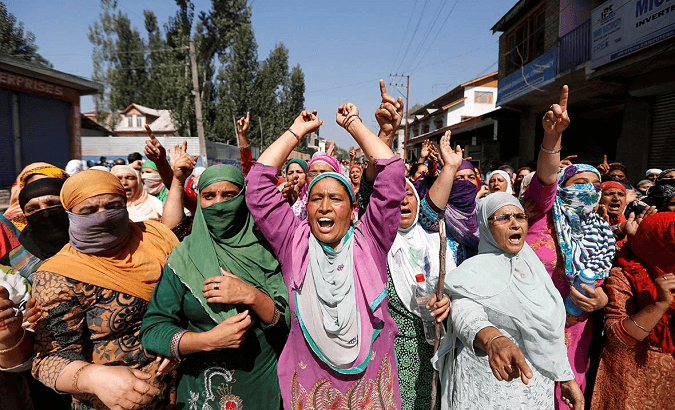
Reporters Without Borders (RSF) a global media watchdog that publishes the World Press Freedom Index List ranked India at 161st position from 150th last year. Reports observed:
‘Journalists are exposed to all kinds of physical violence including ambushes by political activists, police violence and deadly reprisals by criminal groups and corrupt local officials, Terrifying coordinated campaigns of hatred and calls for murder are conducted on social media, campaigns that are often even more violent when they target women journalists, whose personal data may be posted online as an additional incitement to violence. The situation is also very worrisome in Kashmir, where reporters are often harassed by police and paramilitaries, with some being subjected to so-called “provisional” detention for several years‘.
About the author(s)
Anupama intends to be an artist in neutral, aka a dabbler- cum-learner. Her interests lie in music, nature, stories transcending cultural boundaries, human welfare, etc. When she is not around she can be found strolling along the ghats of Varanasi. To add she has a lab- named Miley.
